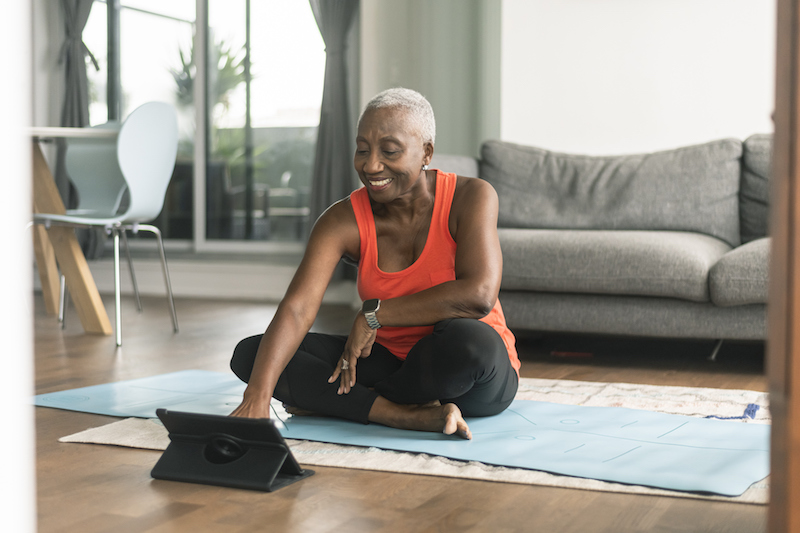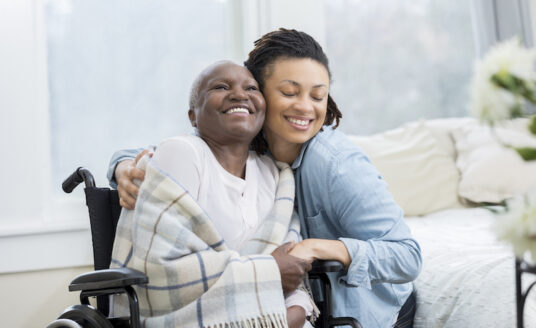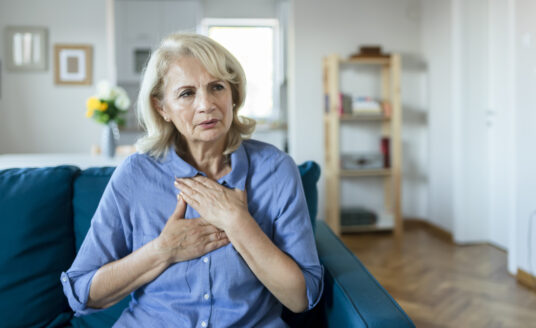Self-care is a conscious act you make daily for your physical, mental, spiritual, social, and emotional health. In the darker, colder winter months, it is especially tempting to withdraw from the world and not take care of yourself. But achieving optimal wellness for seniors doesn’t mean that you have to try to accomplish everything at once. Instead, commit to a steady improvement in your self-care activities and habits, as well as begin thinking about ways to encourage and guide yourself to a better you.
Pursuing these easy self-care activities daily can lead to positive changes in your life.
Physical Self-Care
To feel better mentally and emotionally, you need to feel better physically. Though bad weather may preclude some outdoor activities this time of year, you still have a variety of physical activities you can perform indoors.
NOTE: Please consult your physician to discuss wellness for seniors and before beginning any exercise routine.
- People in their 70s, 80s and even 90s can do strength training, which research shows can reduce the risk of heart attack and stroke in people who train at least twice a week. The weights can be standard barbells, dumbbells, elastic bands, your own body weight or even canned goods out of your cupboard.
- You can walk outside or inside your house, climb stairs, or do some light mobility exercises to get your heart rate up to a moderate activity level 20 to 30 minutes a day. You can consider going to a facility with a walking track. Even doing a few knee bends during a TV commercial or performing housework can count as exercise!
- Get a sufficient amount of sleep, 7 to 9 hours per night. A loss of sleep not only drains your energy but tempts you into eating high-calorie and high-carb foods during the day.
- Winter holidays are tough on diets, but make the effort to get back into eating healthy foods. Focus on eating fruits, vegetables, lean meats, fish, and whole grains. Make food a fuel for your body rather than causing you to fall asleep on the couch.
- Try beginning a new morning routine by drinking green or black tea. Regular consumption of green tea lowers your “bad” cholesterol (LDL), and studies have shown black tea lowers the risk of developing heart disease.
Mental and Emotional Self-Care
- Clear the clutter in your home. Go through the mail, hang up your clothes, do the dishes, take out the trash. This activity makes you feel better about yourself — more in control of a less cluttered, better organized environment.
- Create a daily list of the things that make you happy during the day. For example, laughing with a friend, visiting with a relative, recalling a funny thing your dog or cat did — anything that causes you to have a pleasant memory. The connections between mind, emotion and body have been widely proven, meaning a happier attitude can lead to better overall health!
- If the weather is warm enough to go outside, take a cup of your green or black tea and sit in the backyard. Take some deep breaths, watch the squirrels scamper about. It’s a wonderful mental and emotional break from being indoors hour after hour.
- Discover a new podcast you like, or take an online course and learn something new. When you are engaged in learning, you’ll spend more time challenging your brain and less time dwelling on negative thoughts and emotions. There are even podcasts focused on wellness for seniors that could give you tips for improving your overall well-being.
Social Self-Care
Socialization is key to self-care. Sharing moments with a friend or relative can lighten your mood and promote a sense of belonging and security. It also provides you with the opportunity to confide in others and let them confide in you.
Social interaction boosts energy and can empower and encourage you to remain physically and mentally active.
If you can’t arrange an in-person visit with a friend or family member, pick up the phone, or send an email or text. Don’t let physical distance be a barrier.
Spiritual Self-Care
Some like to sit back and think about what their senses are experiencing in the moment. Have you tried it, and if so, what do you hear, see, smell or feel? It’s a great way to find peace and remain present.
Others find inspiration through prayer or religious observances.
Regardless of what touches your spirit, studies have shown that inner peace has physical benefits. It slows the heart rate, helps to control pain, lowers blood pressure, decreases muscle tension, and enhances the immune system.
You can begin your self-care program as soon as you are ready and have your doctor’s approval. It may take a little effort at first, but once you get your physical and mental momentum going, you’ll find that achieving optimal wellness for seniors becomes easier and very rewarding.
Back to All Posts


